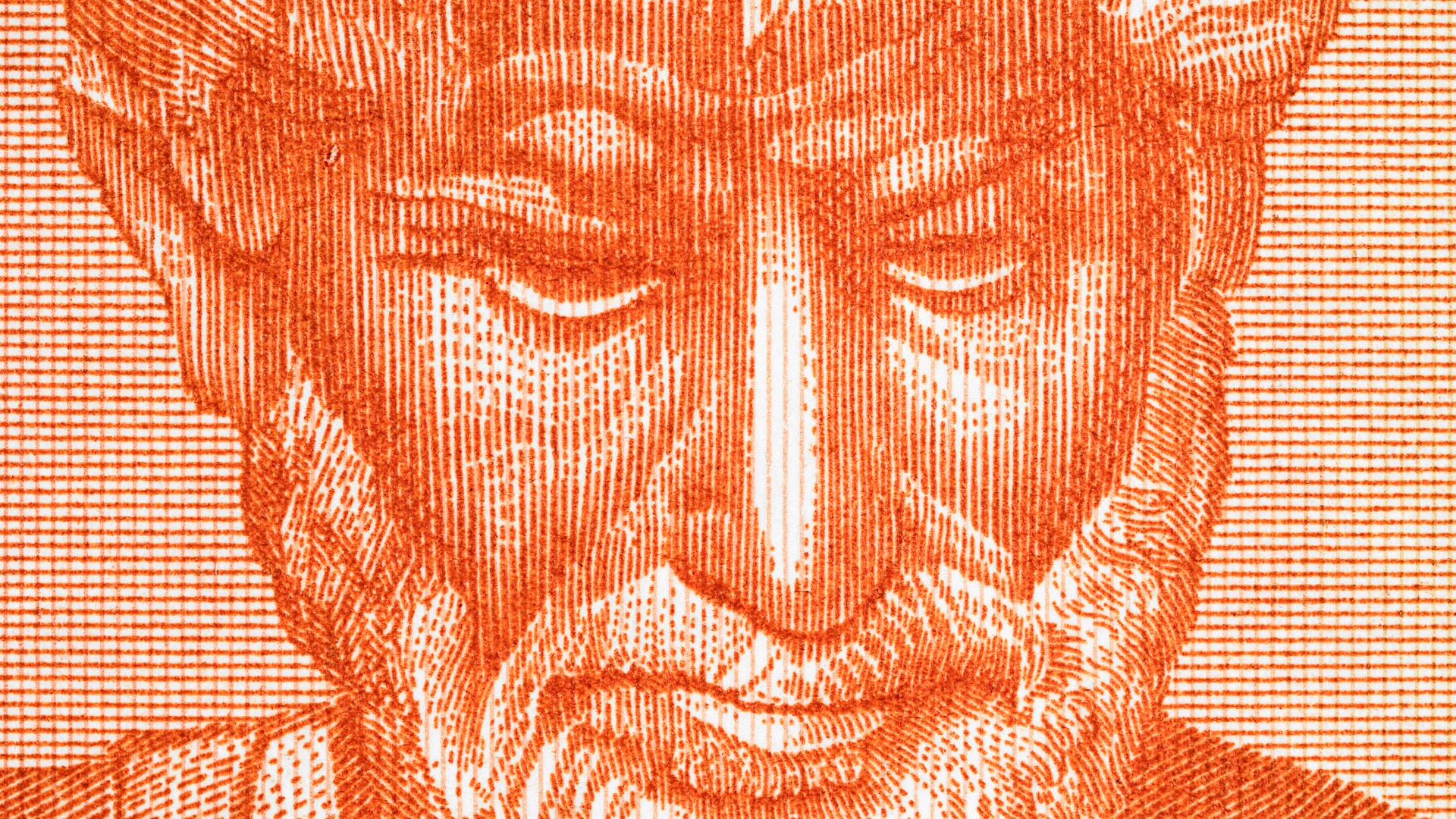Harvard Business School Professor Michael Beer says to be truly transformative, businesses much connect authentically with their customers and employees, reveal insights about themselves, and have a willingness to inquire.
Michael Beer: In order to transform a company into a sustainable organization, in terms both of commitment and performance, leaders have to approach their job, the CEOs, the top management of key people of business units, and so on, have to approach their job in a way that engages the organization in a learning process. That is, they see the problem of organization performance as a problem of learning, both for themselves and for the organization.
These leaders, first of all, connect authentically with people. How do they connect authentically with people? By being much more revealing about themselves. A CEO who took over a restaurant company; first management meeting spoke not only about what firm needed to do, but about where he was coming from in his own life experience. It had to do a lot with his father and the values that his father had. Revealing those things about himself and who he or she might be, is a critical part of engaging people in an authentic way.
The second element of leadership is that these leaders have to have the will to essentially change and transform the company around the kind of philosophy and values I've talked about, and around the business idea/model that's going to drive the organization to a better performance. They have to have a clear vision of that and they develop that vision on their own, and they bring a lot of it with them, but as far as the business aspects they have to figure that out when they get into the firm. But they have to have the will to essentially articulate it and push for it.
Now, if I were to stop here, you could also say well that lead to autocratic management, which is not what high commitment, high performance firms are.
The next dimension of effective leadership, that high commitment, high performance leaders have, is the willingness to inquire, the willingness to state boldly what they want, and what they think they need to do, and what the firm ought to be doing and why, but also the willingness to inquire from their own senior team, from the organization as a whole, from people at various levels in the organization, about whether the direction makes sense, what the people in the organization see as the strengths of the organization, but also what they see as the barriers to achieving sustainable performance. That enables them to learn the truth about the character of the company and how it's functioning.
To create sustainability you have to learn about yourself as a leader, not necessary you as a person only, but also your strategic ideas about what you're trying to do and the business policies you promote, and does that make sense. And if you're not able to obtain that feedback, you're likely to not be able to get off a path that you may need to get off to sustain the performance over a long period of time.
The ability to inquire and obtain feedback, and be vulnerable to obtain feedback, is a critical characteristic of high commitment, high performance leaders. This has been described in many ways in less operational way as these leaders are humble, they have humility, they don't assume they're doing it by themselves, they involve others, they ask questions, they try to work on a problem-solving basis.





